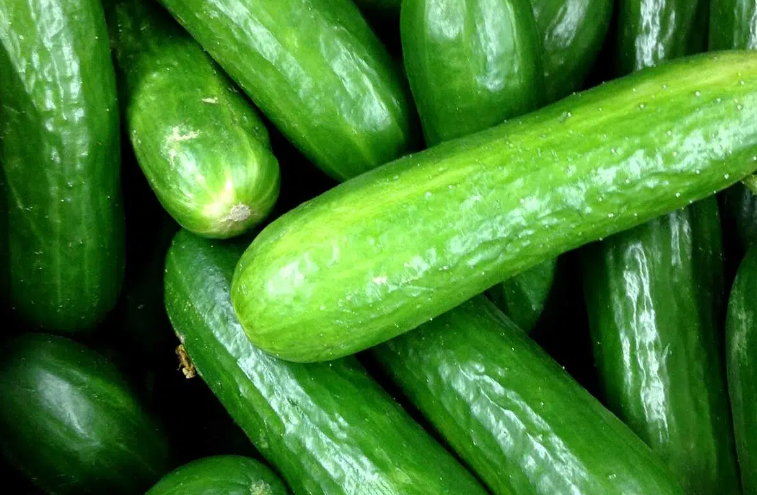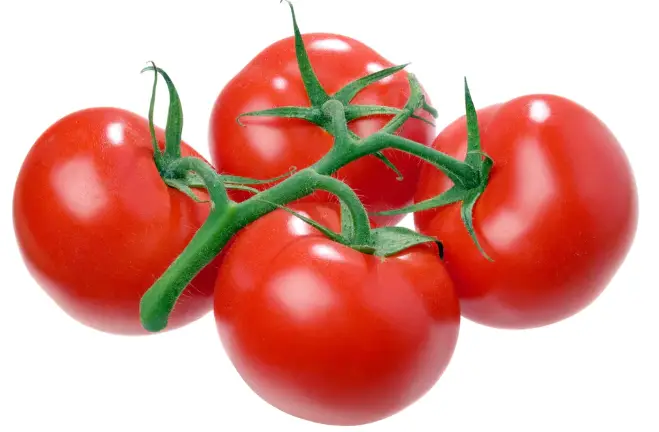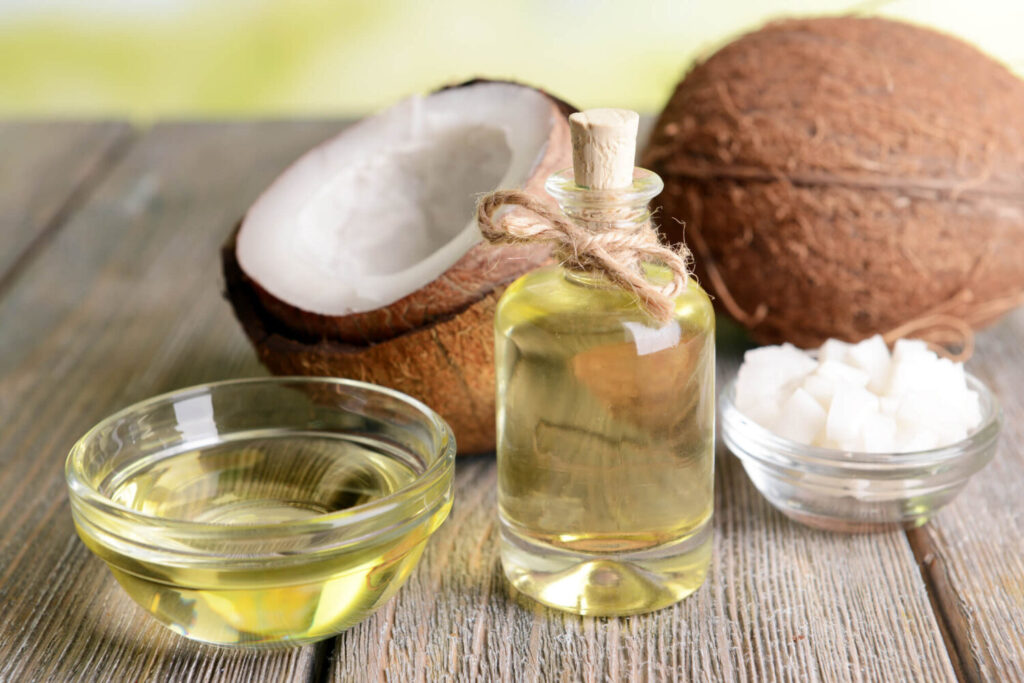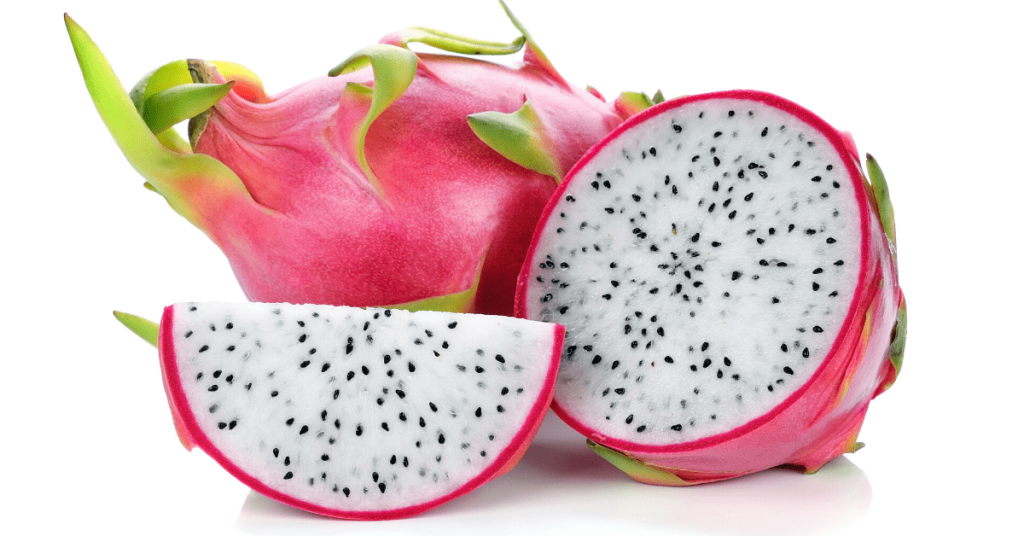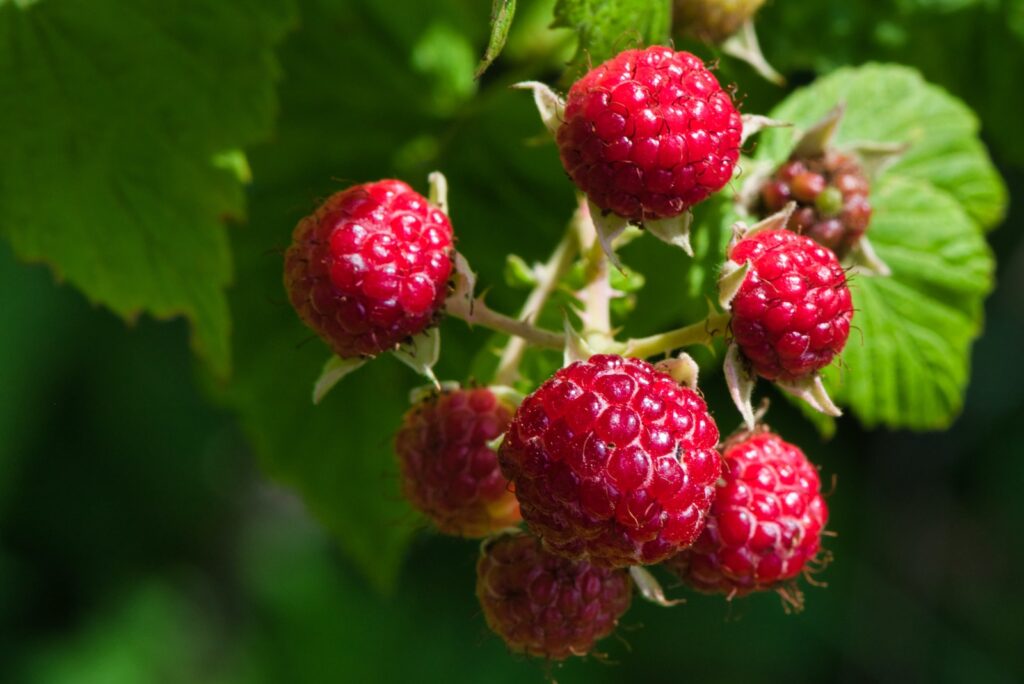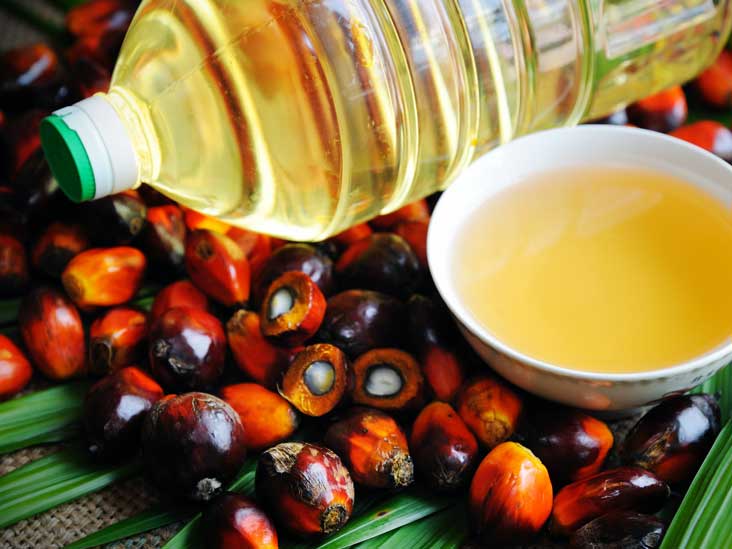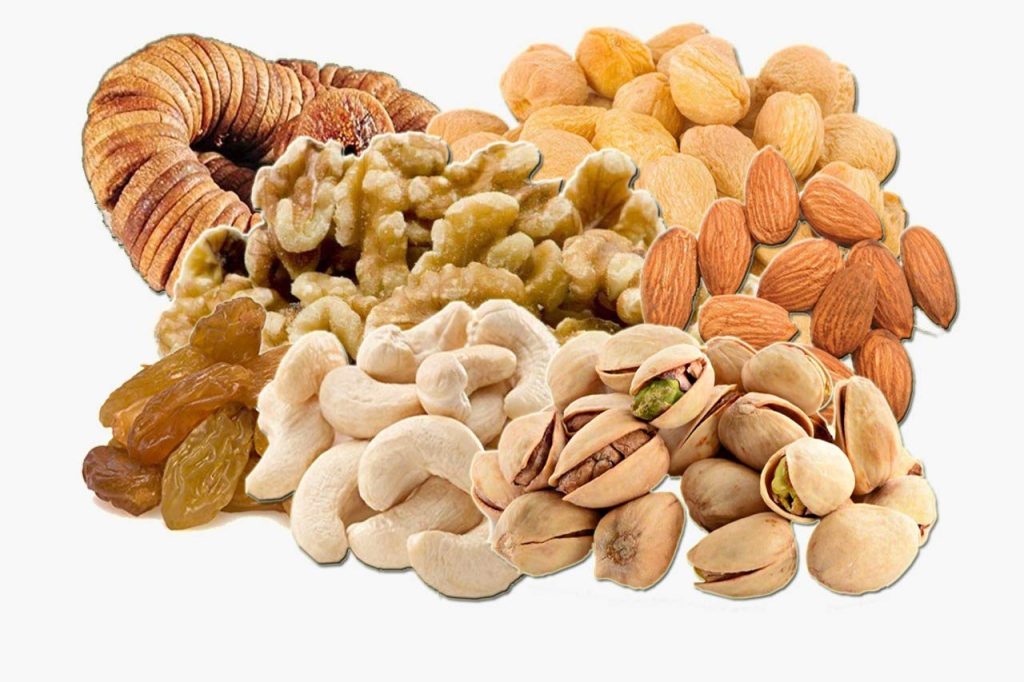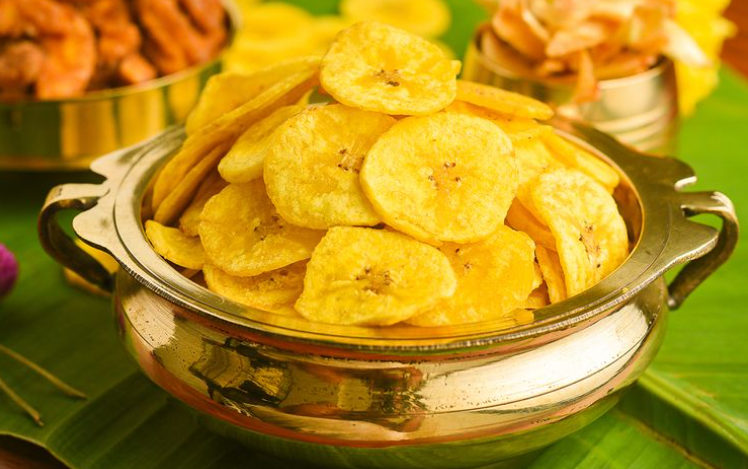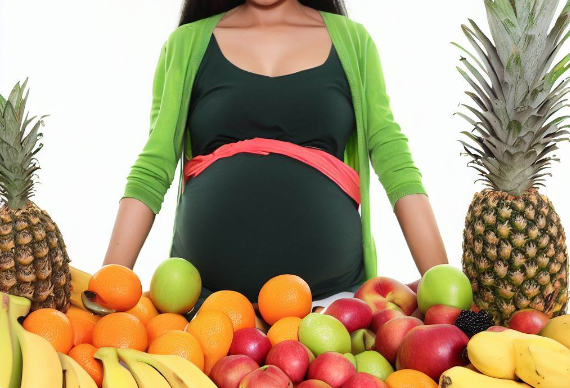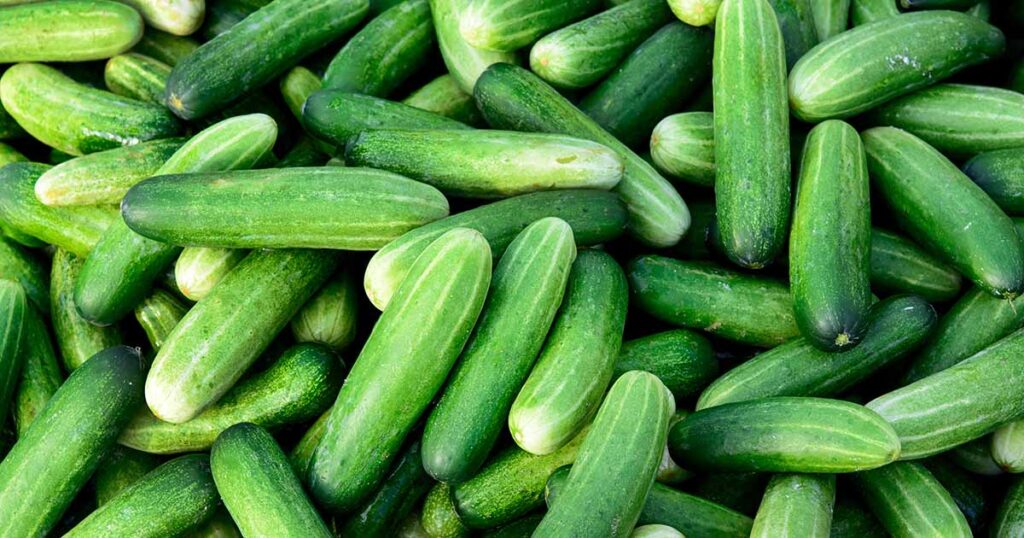Ever bitten into a juicy piece of fruit and hit a crunchy seed? It makes you wonder, can fruit seeds be harmful to eat? The short answer is that it depends on the type of seed and the amount consumed.
Some seeds in small amounts are harmless, but others can have cyanide compounds in them. It’s important to know which seeds could cause issues, and how to handle them safely to avoid any health problems.
Table of Contents
- Reasons Some Seeds Might Have Cyanide
- How Much Cyanide in Seeds Is Too Much?
- How to Eat Fruits with Seeds Safely
- What Fruit Seeds Should You Not Eat?
- Potentially Risky Seeds
- Are There Fruit Seeds You Can Eat?
- Commonly Eaten Seeds
- Nutritional Value of Fruit Seeds
- Important Points on Eating Fruit Seeds Safely
- Summing Up Fruit Seed Safety
Reasons Some Seeds Might Have Cyanide
Plants often produce cyanide in their seeds as a defense to keep away pests and prevent animals from eating them. These seeds have a natural substance called amygdalin which can turn into hydrogen cyanide if the seed is damaged or chewed.
This is true for seeds of peaches, apricots, apples, pears, cherries, and plums. In contrast, fruits like watermelons, cantaloupes, honeydews, citrus fruits, and bananas have amygdalin in such tiny amounts that it’s not a big concern.
Normally, eating a small number of seeds isn’t a big deal. However, if you eat a lot of them, it could lead to feeling unwell.
How Much Cyanide in Seeds Is Too Much?
Swallowing a few intact seeds from fruits isn’t typically harmful. But if the seeds get crushed, or if someone eats a lot of them, there could be a risk of choking or cyanide poisoning.
To avoid any risks, it’s smart to take out seeds from fruits, not chew the seeds, and be especially careful when kids are eating fruits.
If someone eats too many seeds from fruits like apples or cherries, they might feel sick, dizzy, or get a headache. But swallowing a few stray seeds from time to time shouldn’t cause concern.
How to Eat Fruits with Seeds Safely
Thankfully, there are simple ways to enjoy fruits without worrying about the seeds:
- Always take out the big pits and seeds, like those in peaches, plums, apricots, mangoes, and cherries.
- Don’t chew on seeds. If you swallow them whole, they’re less likely to cause problems.
- Cut fruits to remove seeds before giving them to children or infants.
- Don’t grind seeds to make your own flour or butter at home since store-bought products use specially treated seeds.
- Take seeds out of apples, pears, and citrus fruits before making juice and strain the juice if you need to.
- Consider buying fruits like grapes, watermelons, and oranges that have been bred without seeds if seeds are a concern for you.
Staying safe in the kitchen is also key to managing seeds properly:
- Have a specific place to put pits and seeds when preparing fruits.
- Take your time when you eat fruits and check each bite carefully.
- Slice fruits instead of breaking them apart to spot seeds easier.
- Pick up any seeds or pits that fall on the floor so they don’t become a danger to kids or pets.
- Omega-3 fatty acids are found in certain seeds.
- Pumpkin seeds are a good source of zinc, magnesium, and protein from plants.
- Sunflower seeds come with vitamin E, selenium, and compounds called phytosterols.
- Sesame seeds include calcium, magnesium, and substances that reduce inflammation.
- Be careful when you chew fruit and spit out any big seeds you find.
- Take the seeds out of fruit before giving it to young kids or babies.
- It’s better to swallow seeds whole than to try breaking them with your teeth.
- Don’t make homemade flours or butters with seeds, pits, or kernels.
- Watch out for seeds sneaking into juices and smoothies while you’re making them.
- Choose fruit that doesn’t have seeds if you can, to make things easier.
- Throw away seeds that fall on the ground so kids and pets can’t get them.
What Fruit Seeds Should You Not Eat?
Not all fruit seeds should be considered snacks, and some should be avoided entirely, particularly these:
Potentially Risky Seeds
Cherry, peach, and apricot pits have quite a lot of cyanide compounds, so it’s safest to remove these seeds before eating the fruit. Mango pits are also a choking hazard and can be dangerous if chewed. Banana pits and papaya seeds might not be toxic, but they could cause stomach issues, so it’s better to eat the fruit without them. Remember, pomegranate seeds are safe for adults but can be a choking risk for little ones.
Are There Fruit Seeds You Can Eat?
Most fruit seeds are too hard or taste too bitter to enjoy eating. But, you can eat the seeds of some fruits like figs and pomegranates:
Commonly Eaten Seeds
Figs have tiny, crunchy seeds that are often eaten with the sweet fruit and are full of fiber. Pomegranate arils, which include the seed surrounded by juicy red flesh, are delicious and a favorite part for many people. You can also eat the seeds of cranberries and Concord grapes, but they might be hard to chew and not that enjoyable.
Nutritional Value of Fruit Seeds
Even though fruit seeds might not always be tasty, some can actually be good for your health. For example, flax and chia seeds are known for their fiber and other health benefits. So, while it’s generally better to avoid consuming large amounts of certain fruit seeds, there are some exceptions that can be nutritious.
Instead of eating the seeds from fruit without thinking, choose these seeds which are prepared for us to eat and are full of nutrients.
Important Points on Eating Fruit Seeds Safely
Even if you can’t take out every single seed or pit from fruit, you can still be safe by using some common-sense tips:
Knowing a bit about fruit seed safety means you can eat fruit without worry. Just be careful when you’re getting fruit ready to eat.
If you ever decide to eat fruit seeds, only have a little bit. But really, the best idea for staying healthy and safe is to stick to the tasty part of the fruit and its fibers.
Summing Up Fruit Seed Safety
When you eat fruits like apples, peaches, and cherries, you’ll come across seeds, but if you know some simple tips, you can keep eating them without any problems. Pay attention when you’re eating or cutting up fruit. Keep an eye on children when they’re eating fruits. Don’t eat the seeds and pits on purpose because you could choke or feel sick if you eat too many. Keeping these easy ideas in mind means you can enjoy all the good stuff that fruit has without any worries!
